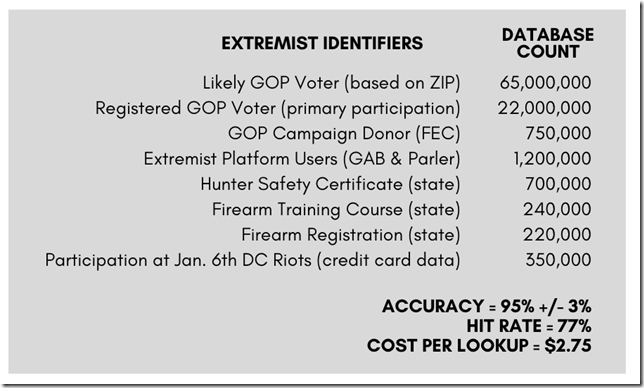Many schools in the United States have ceased issuing grades that have any meaning, or they have dropped grading altogether, which means there is no way to judge progress or achievement. National test scores for evaluating possible college entry are on the way out almost everywhere as they are increasingly being condemned as “racist” in terms of how they assess learning based solely on the fact that blacks do less well on them than Asians and whites. This has all been part of an agenda that is being pushed that will search for and eliminate any taint of racism in the public space. It has also meant the destruction or removal of numerous historic monuments and an avoidance of any honest discussion of American history. San Francisco schools are, for example, notoriously spending more than $1 million to change the names of 44 schools that honor individuals who have been examined under the “racism and oppression” microscope and found wanting. They include George Washington, Thomas Jefferson, Abraham Lincoln, and Paul Revere.
Philip Giraldi
February 18, 2021
The Decline of the West: American Education Surrenders to ‘Equity’
[It is easy to conclude our technological progress is being impeded by these people. There might even be sufficient evidence to support the hypothesis we are about to enter, or at least are at risk of entering, a new dark age. This could even be an existential threat to technological human society.
One of the ways I see this problem is that some people, perhaps with malice aforethought, confuse and/or conflate equality of outcome with equality of opportunity. And furthermore the “equality of opportunity” is, again perhaps with malice aforethought, confused and/or conflated with “equality under the law”.
I think at least part of the solution to this problem is to push back HARD when someone plays this confusion/conflation con game.
Just because there exists a difference in earnings and/or life expectance, and/or criminal convictions, and/or representation in some professions, etc. does not necessarily mean there was discrimination and/or racism. People of Asian decent account for only 5.9% of the U.S. population. While Black or African American people account for 13.4% of the U.S. population. Yet as of 2019 in the U.S.:
- All households combined had a median income of $65,712/year.
- Asians had a median income of $93,759/year.
- Blacks had a median income of $43,862/year.
- Whites had a median income of $69,823/year.
So, if someone claims racism against minorities is to blame for income inequality demand they explain how Asians, with less than half the representation in the U.S population of blacks have over twice the household income.
Furthermore demand they explain, if they claim the differences in outcomes are racist, why the differences begin to show up at the start of school rather than in graduation rates, college admittance, or starting wages.
The next point which I think needs addressing is that the whole concept of “inequality is bad” must be struck down. I’ve adequately addressed that issue before.
Put as succinctly as I know how, we must celebrate success and extraordinary achievement instead of rewarding victimhood.
One last thing. I do not claim to know the reason why people with different skin colors have different success rates in our society. I only know that it is extremely unlikely it is because of white supremacy and or racism.—Joe]
Like this:
Like Loading...



